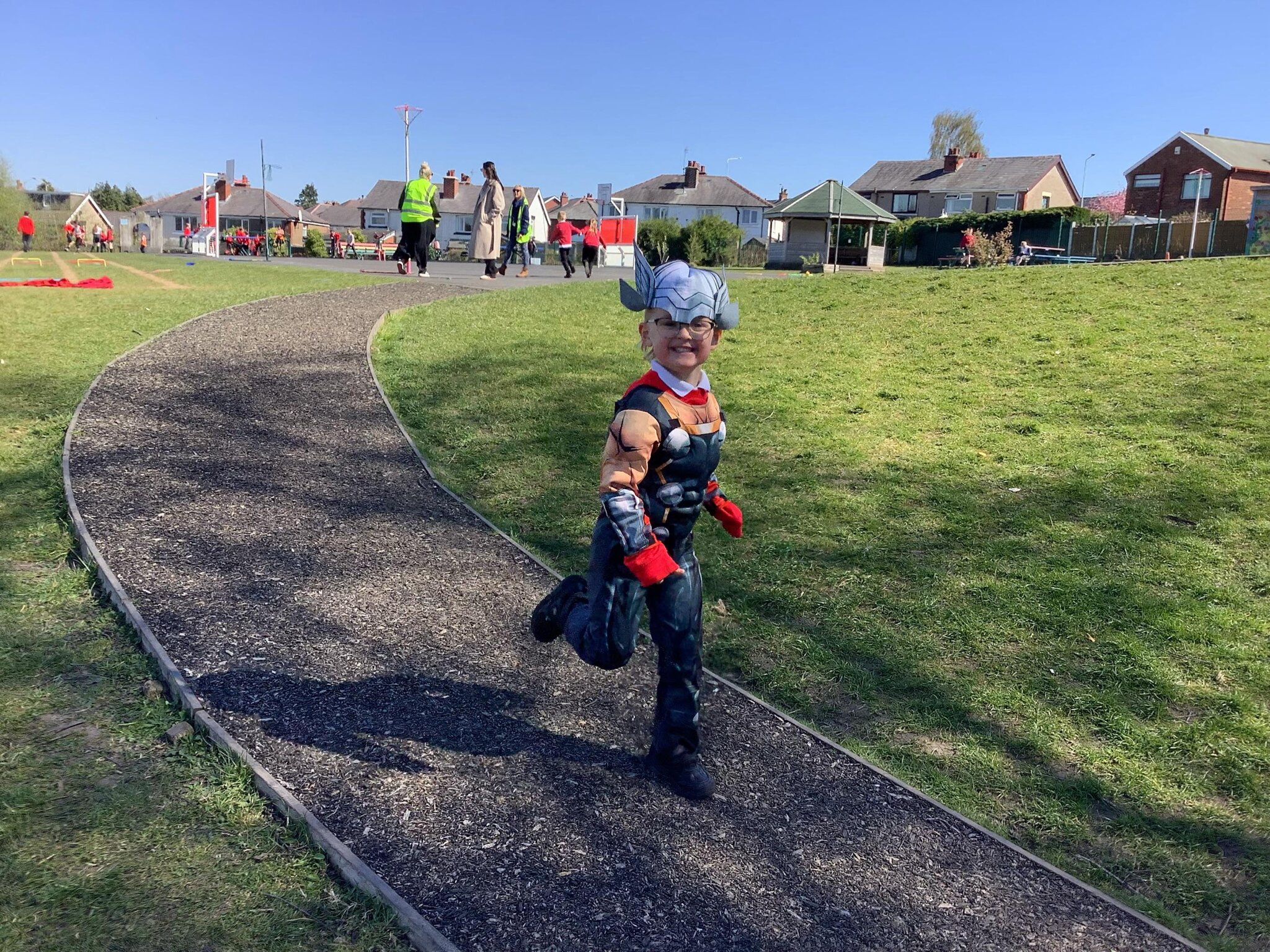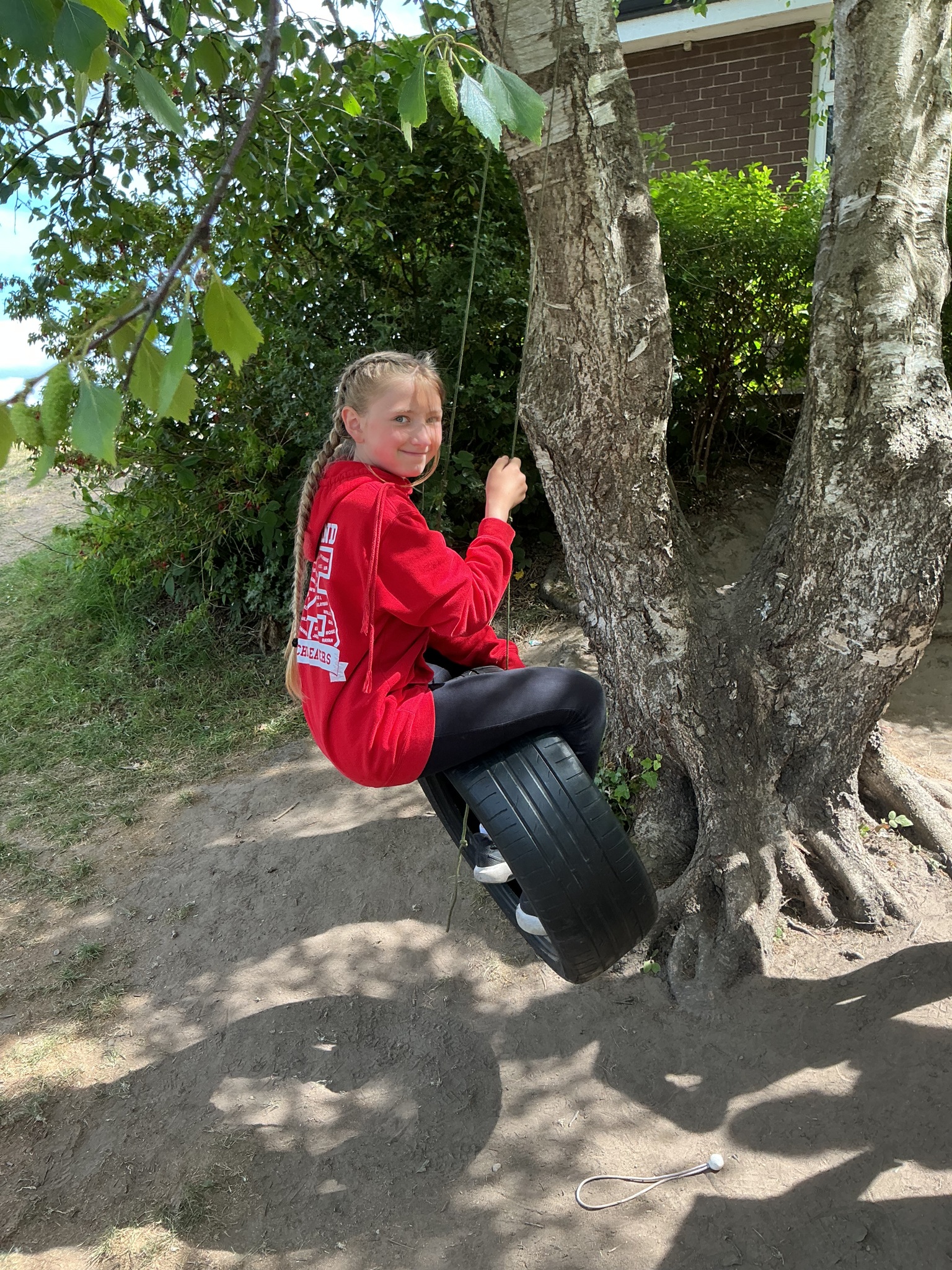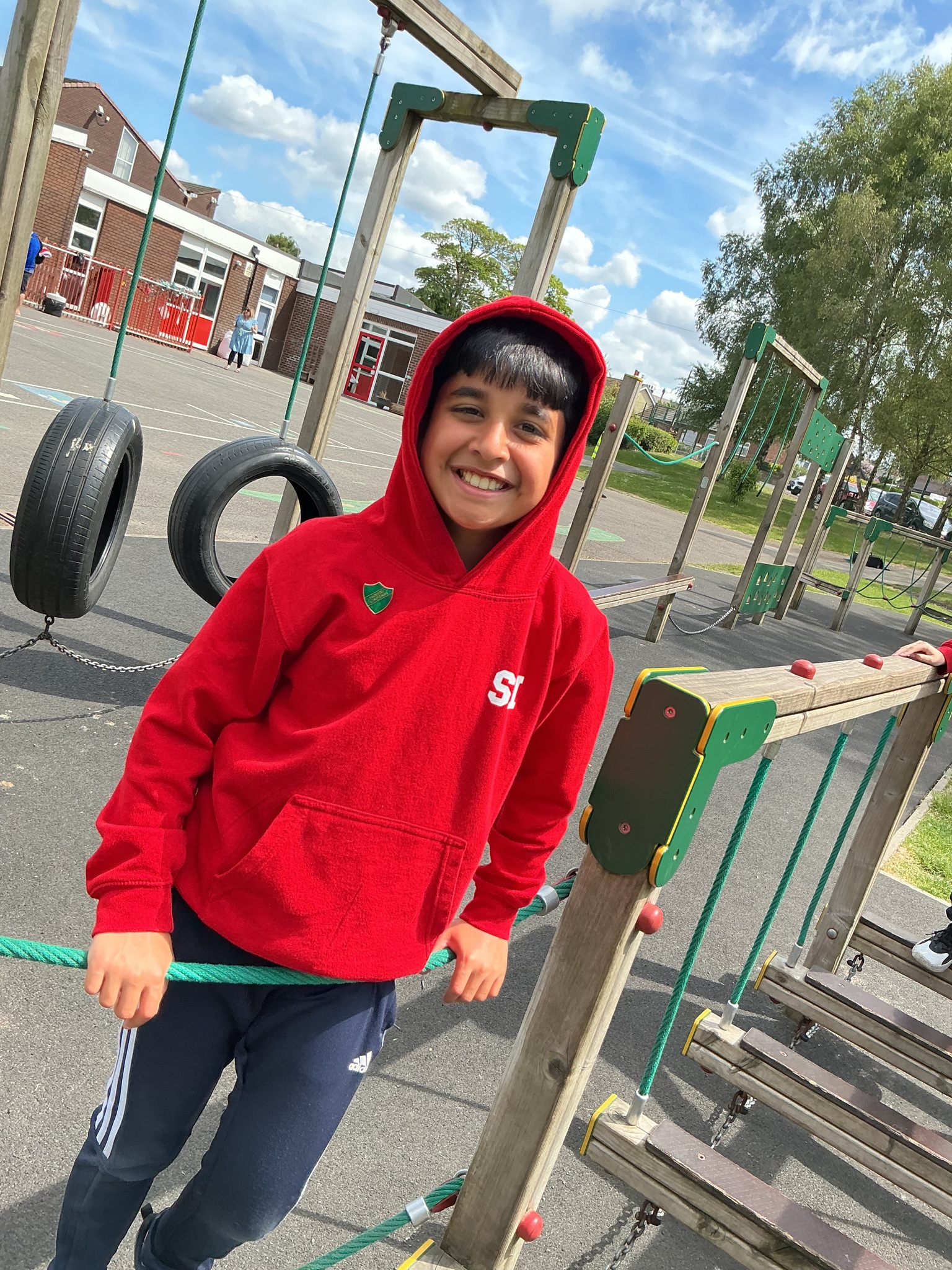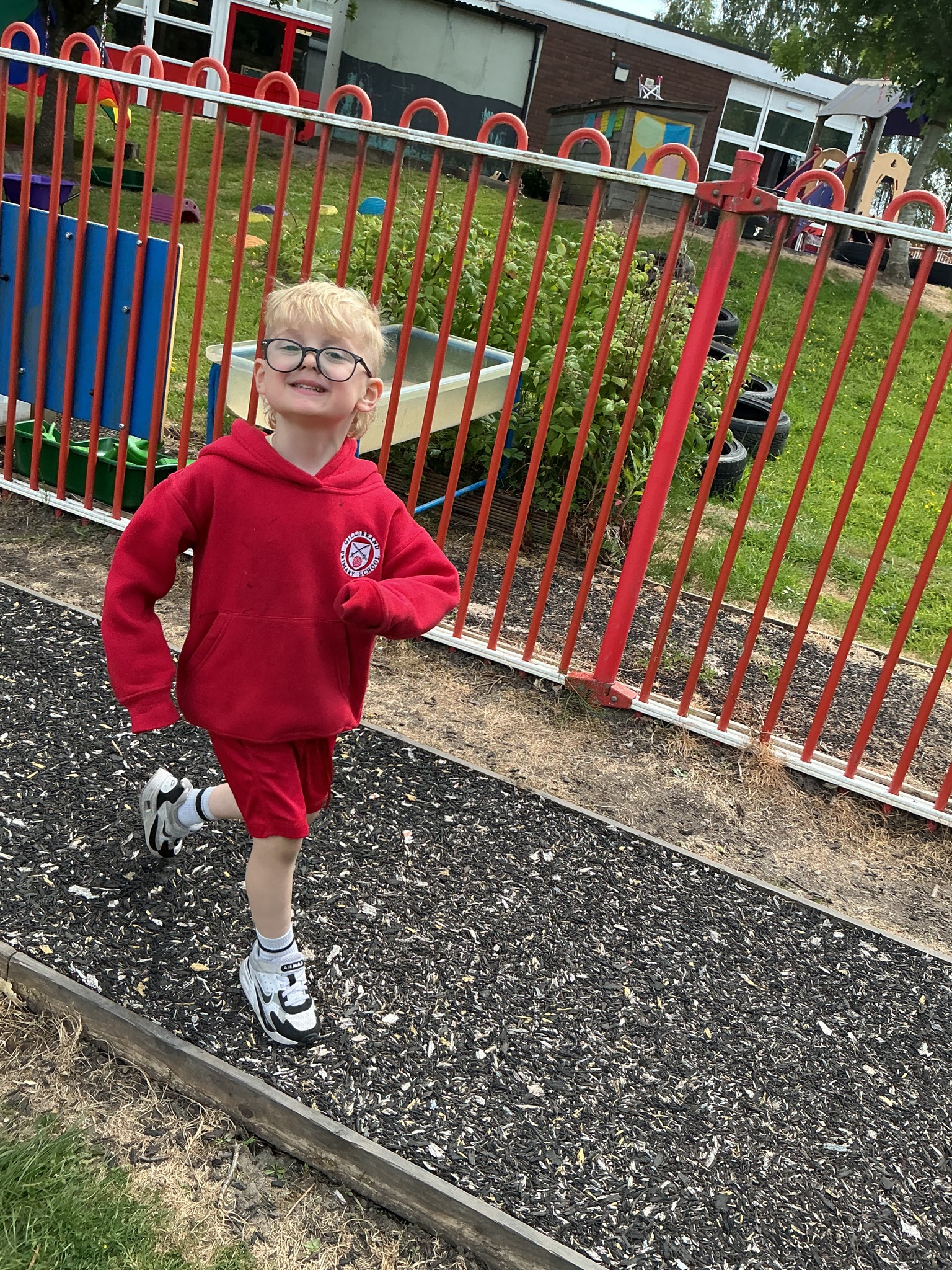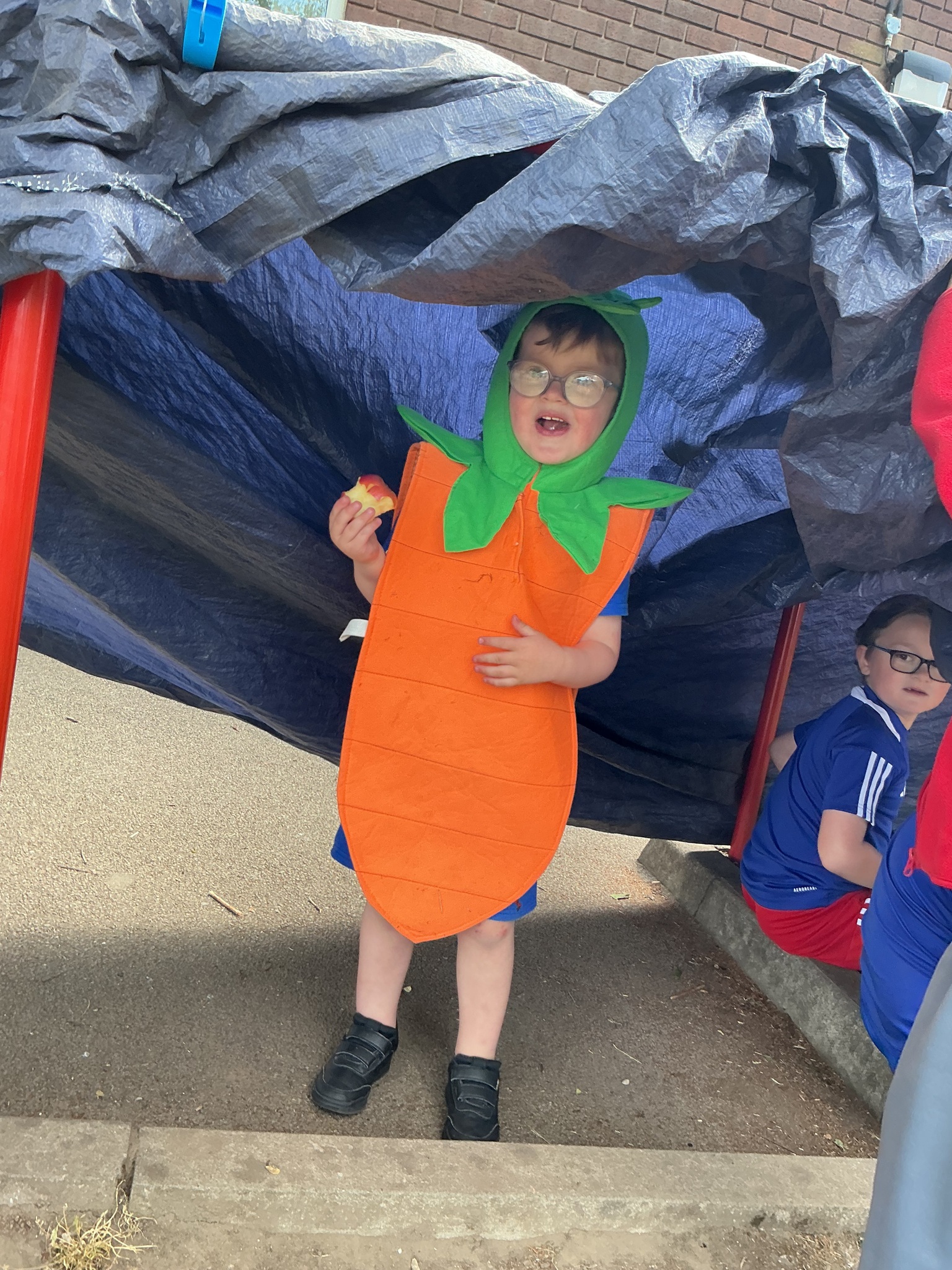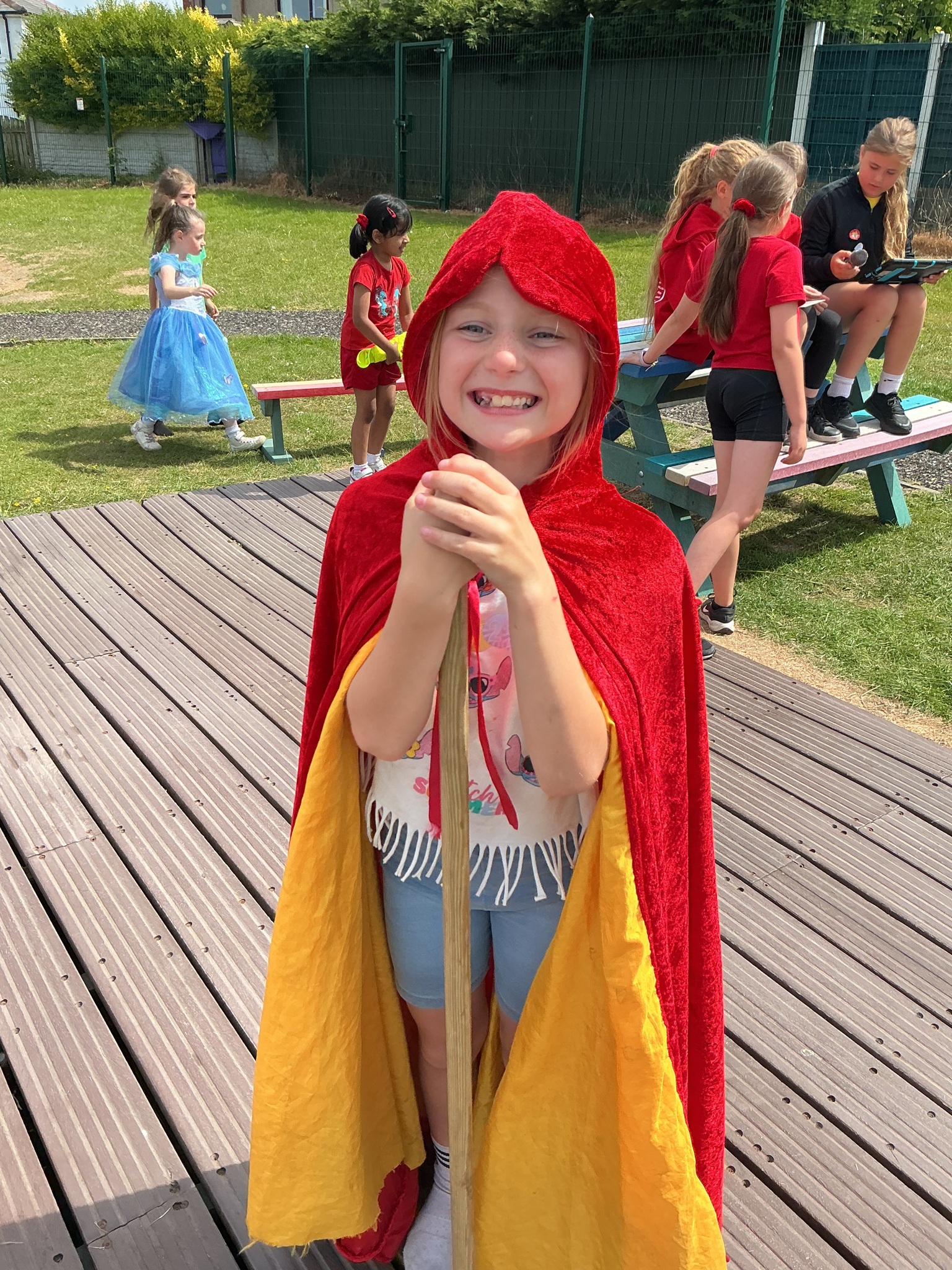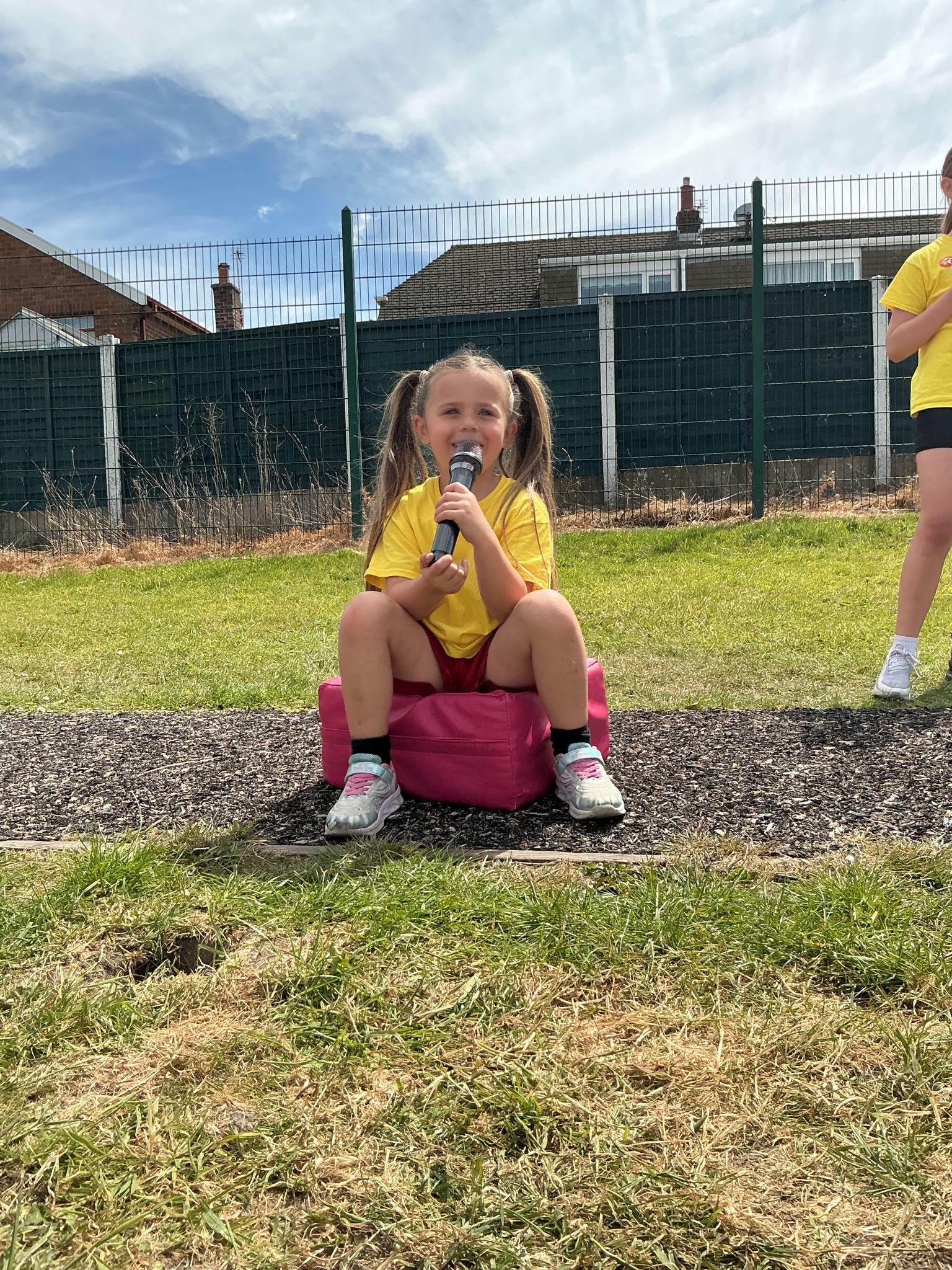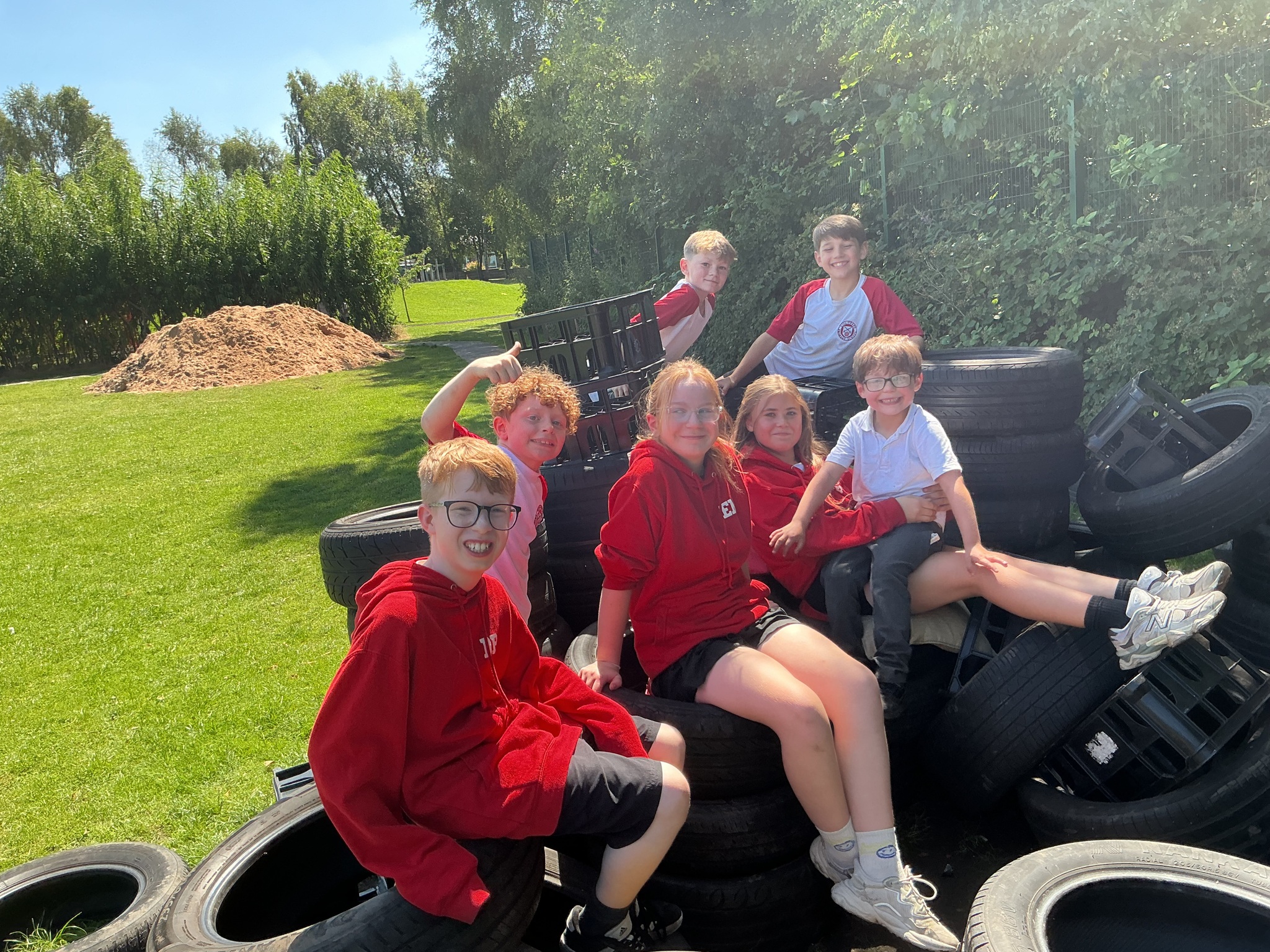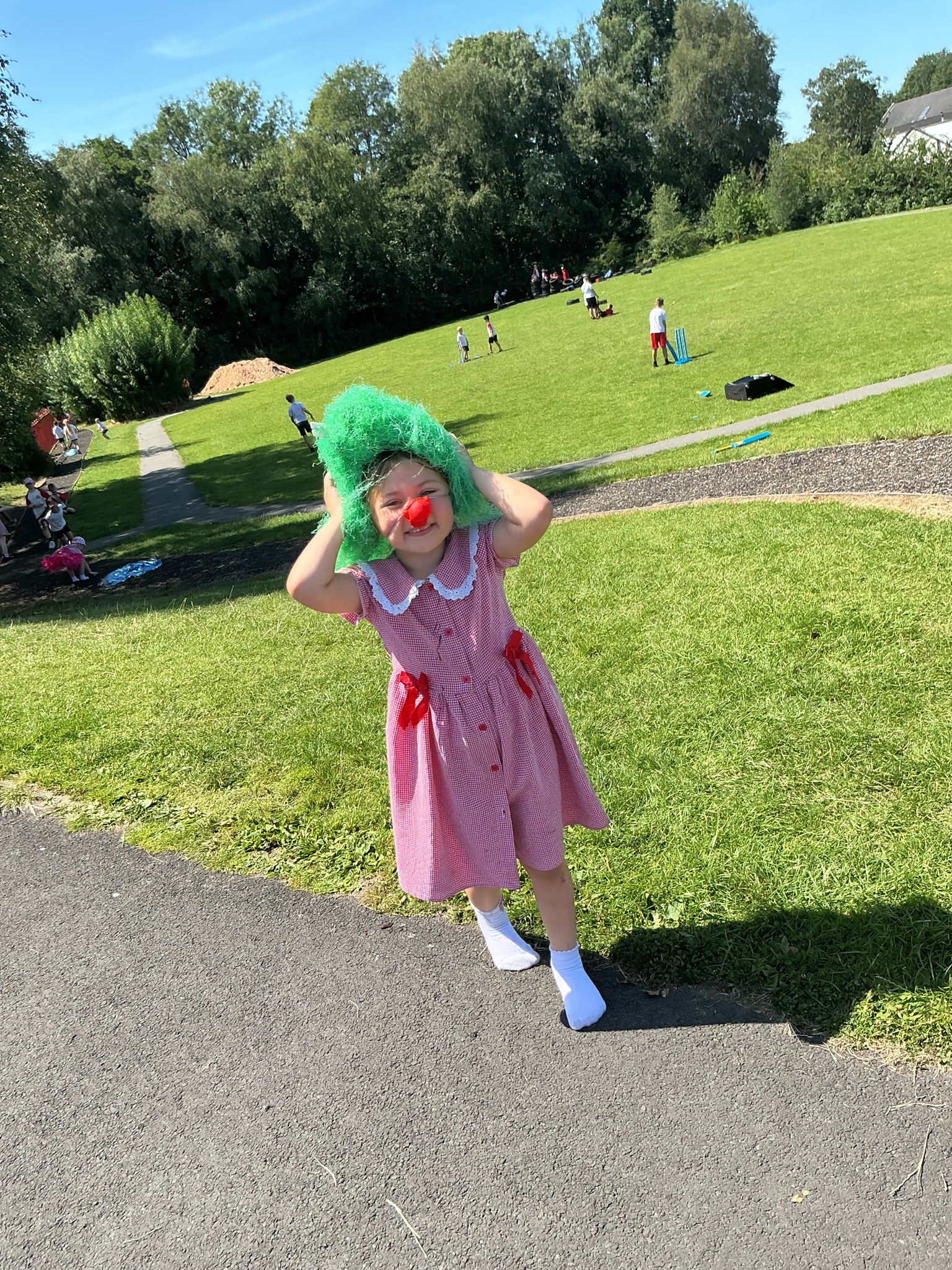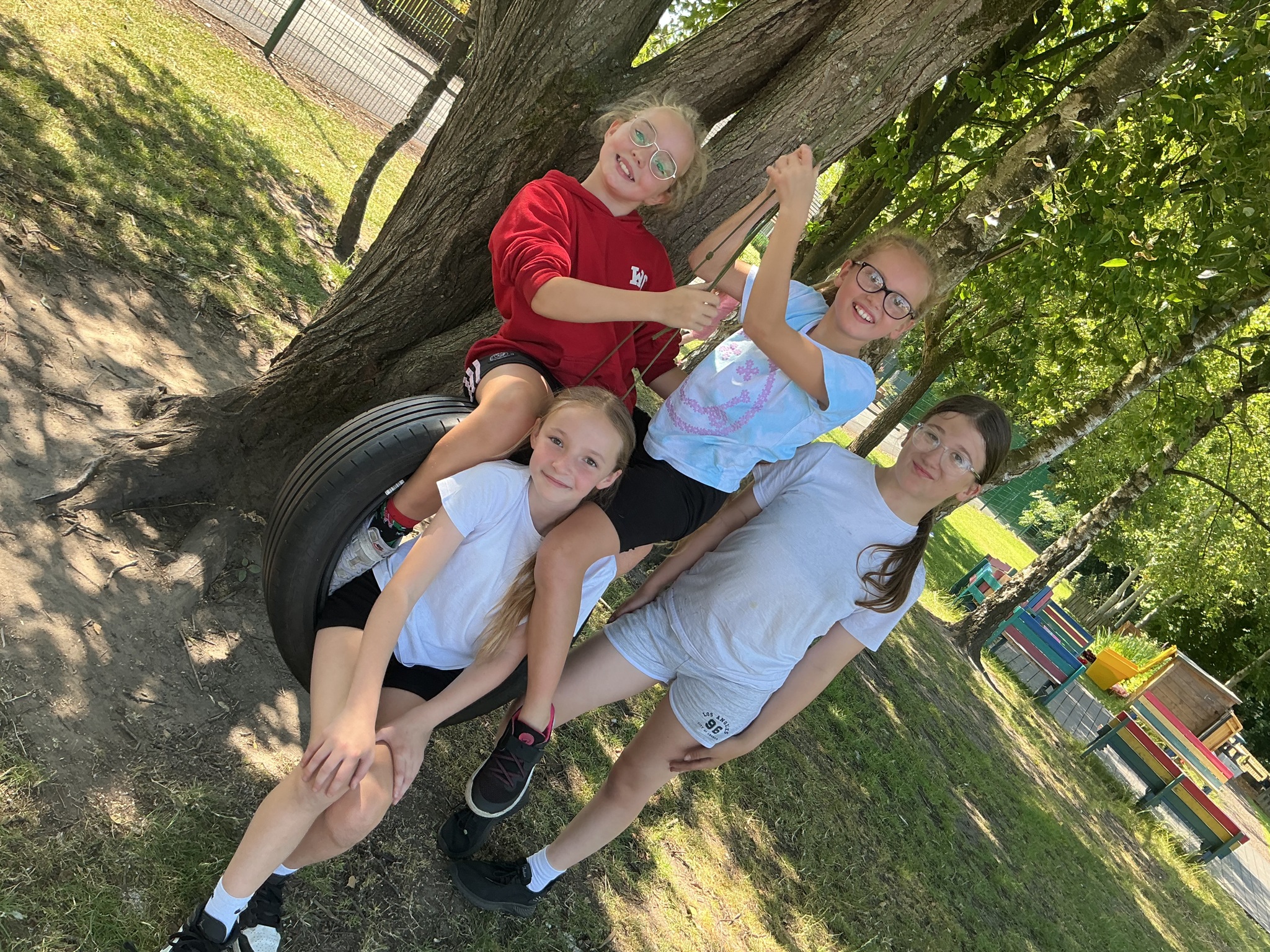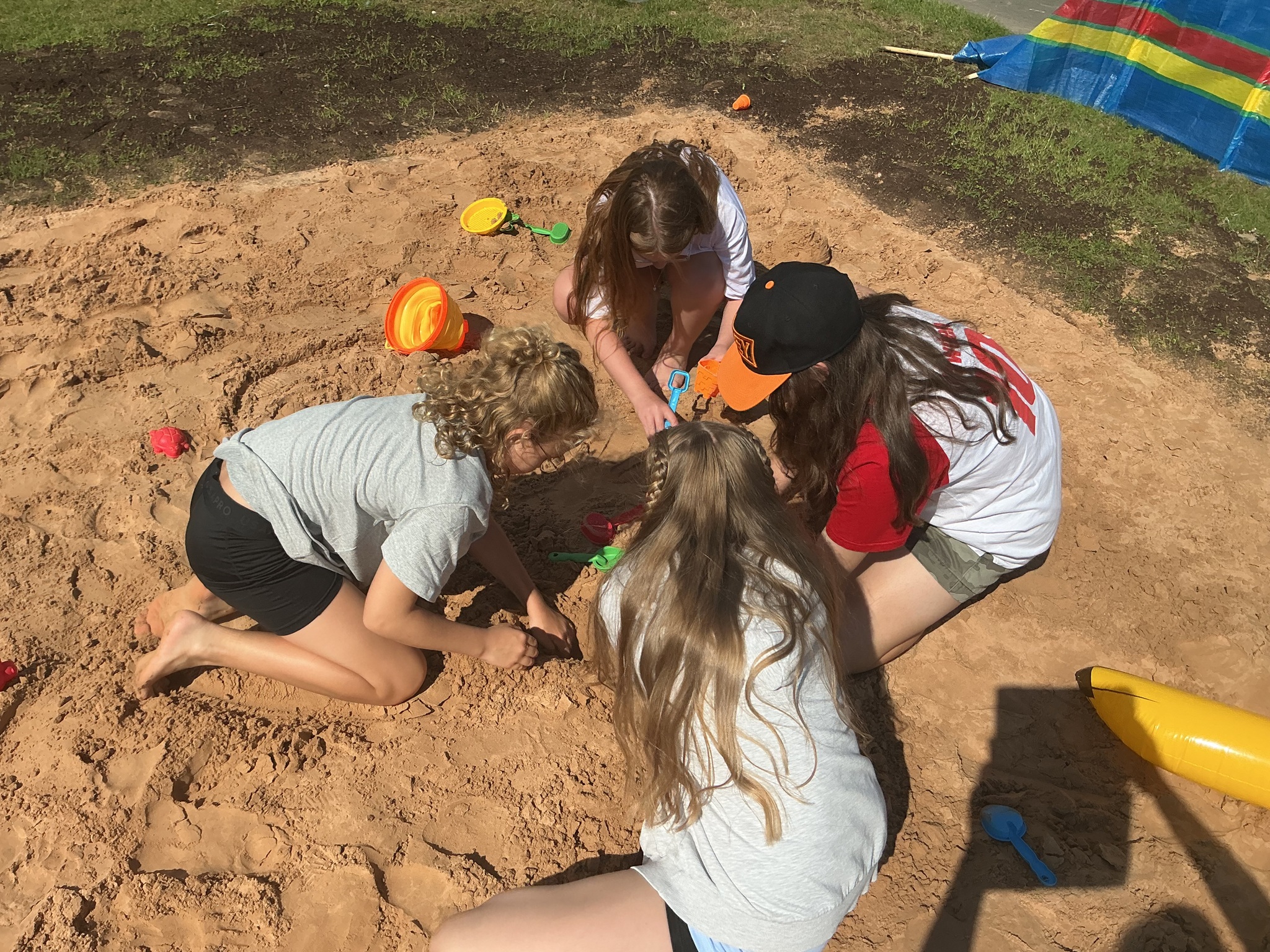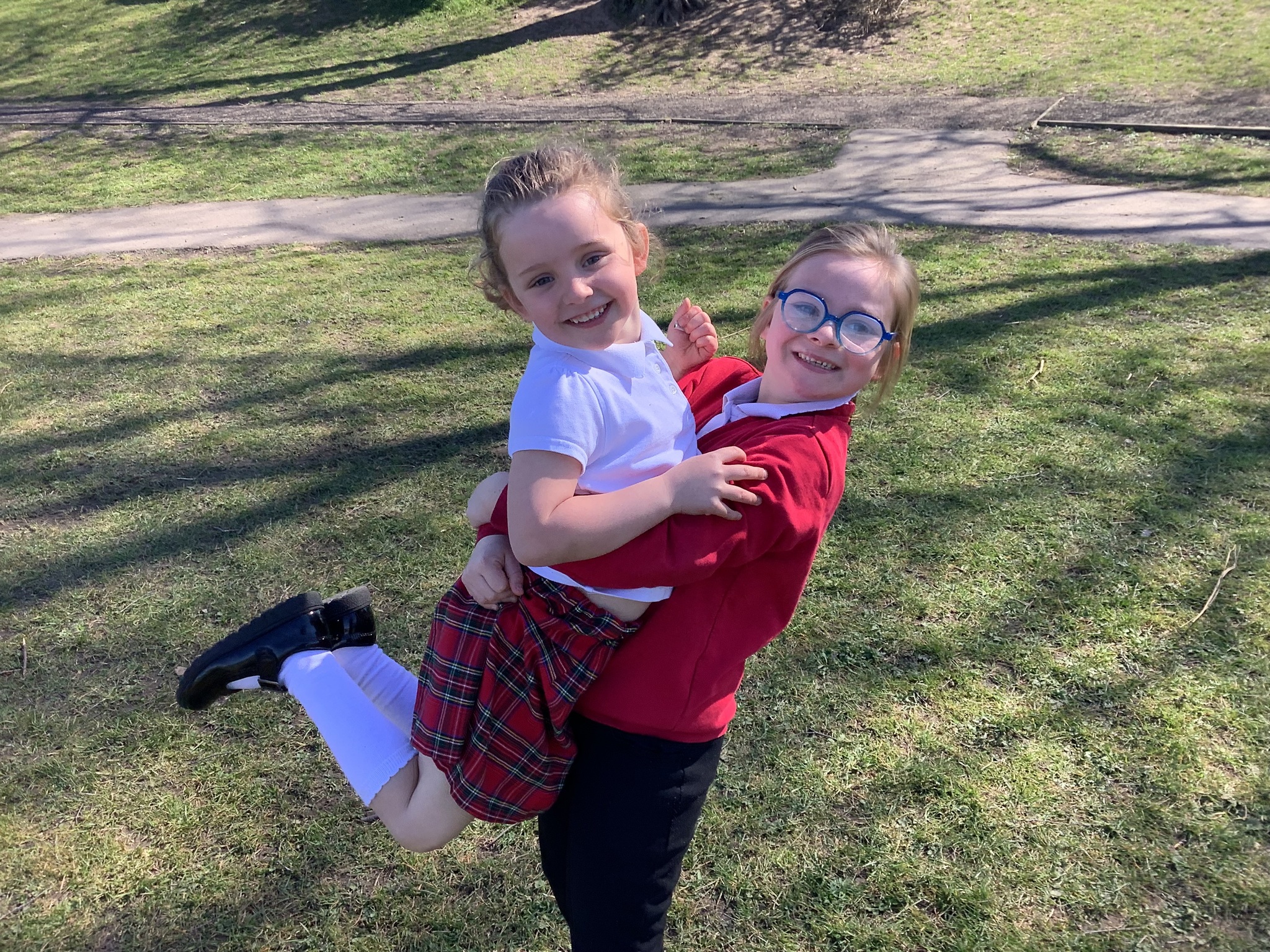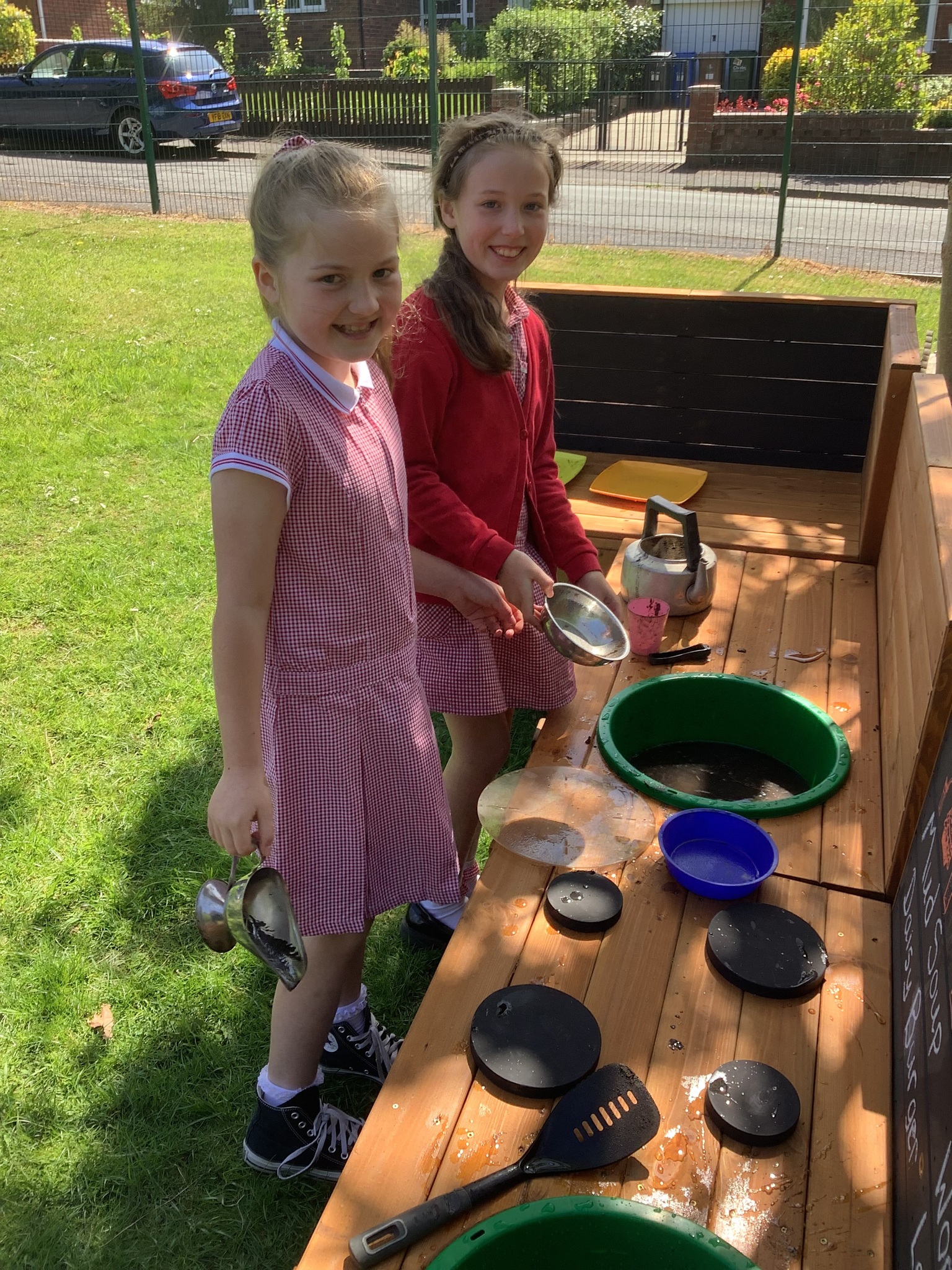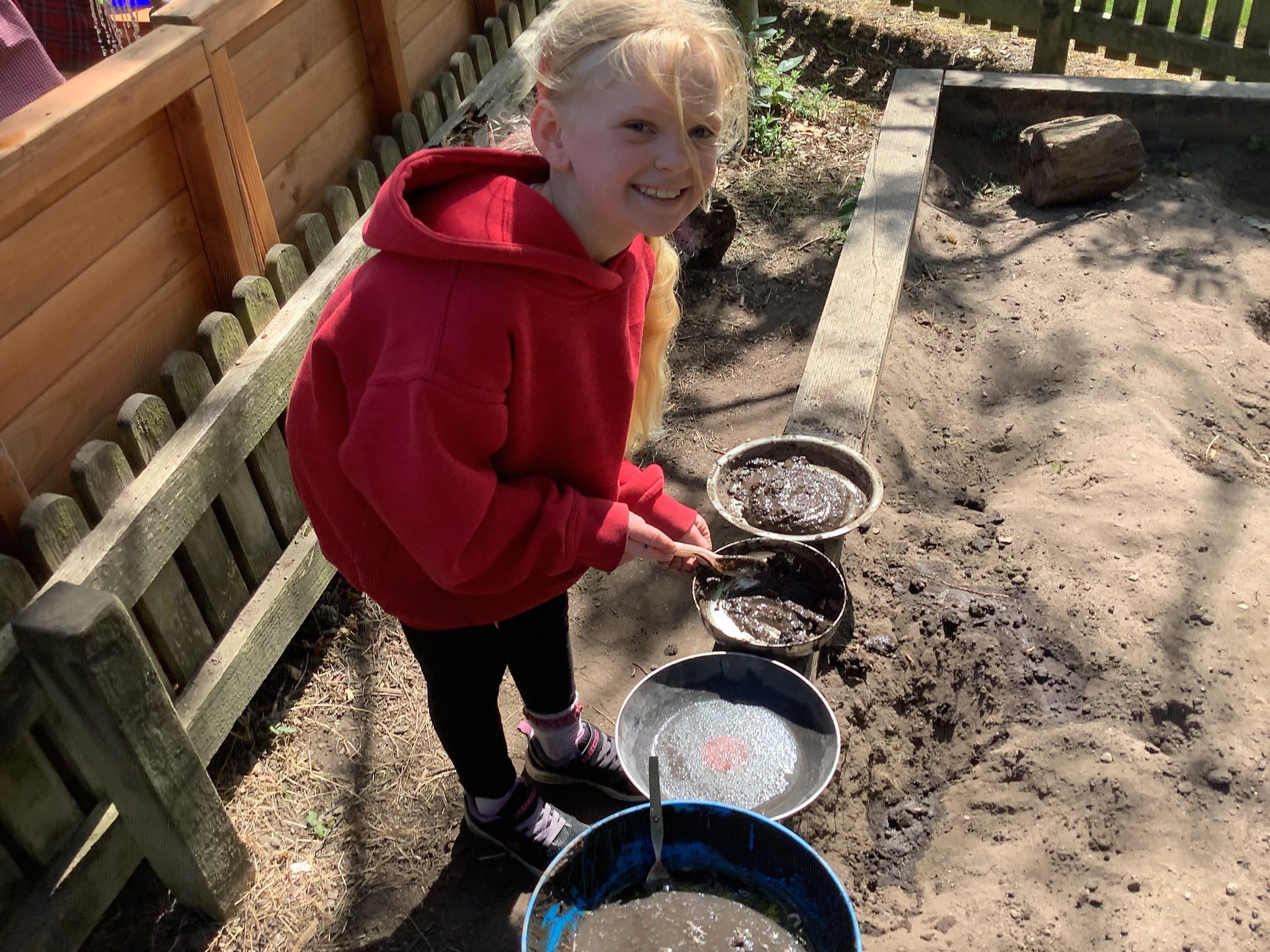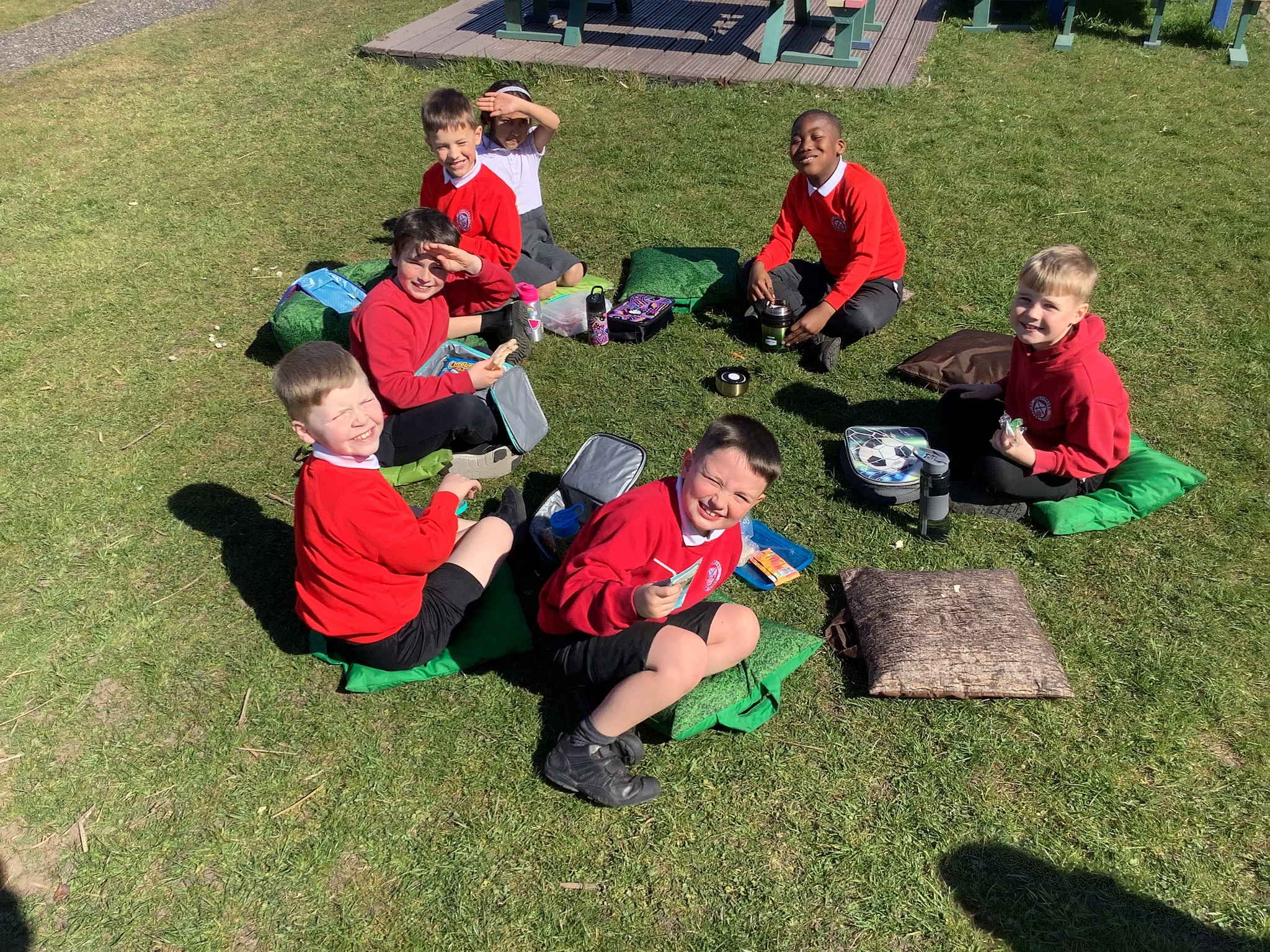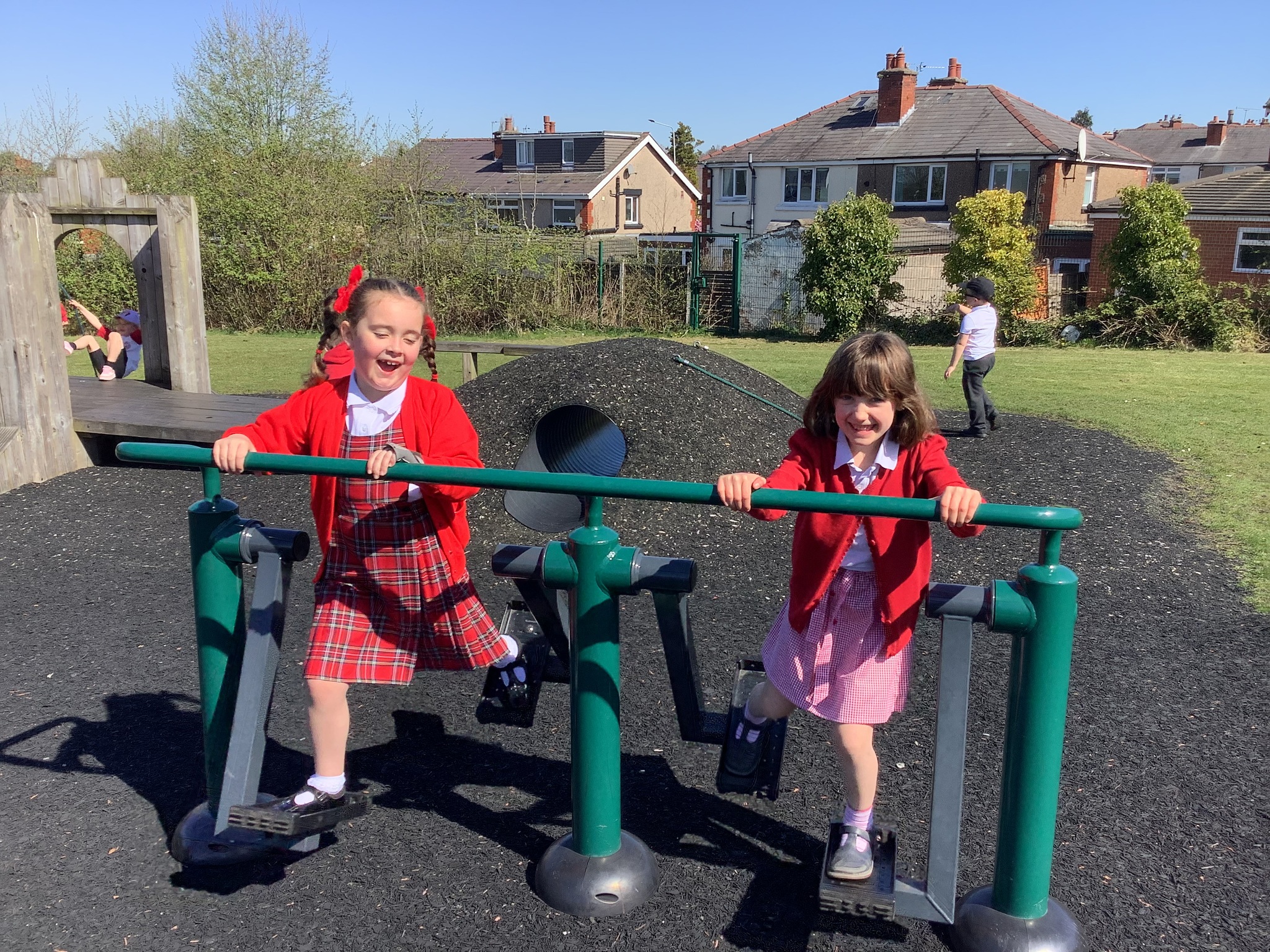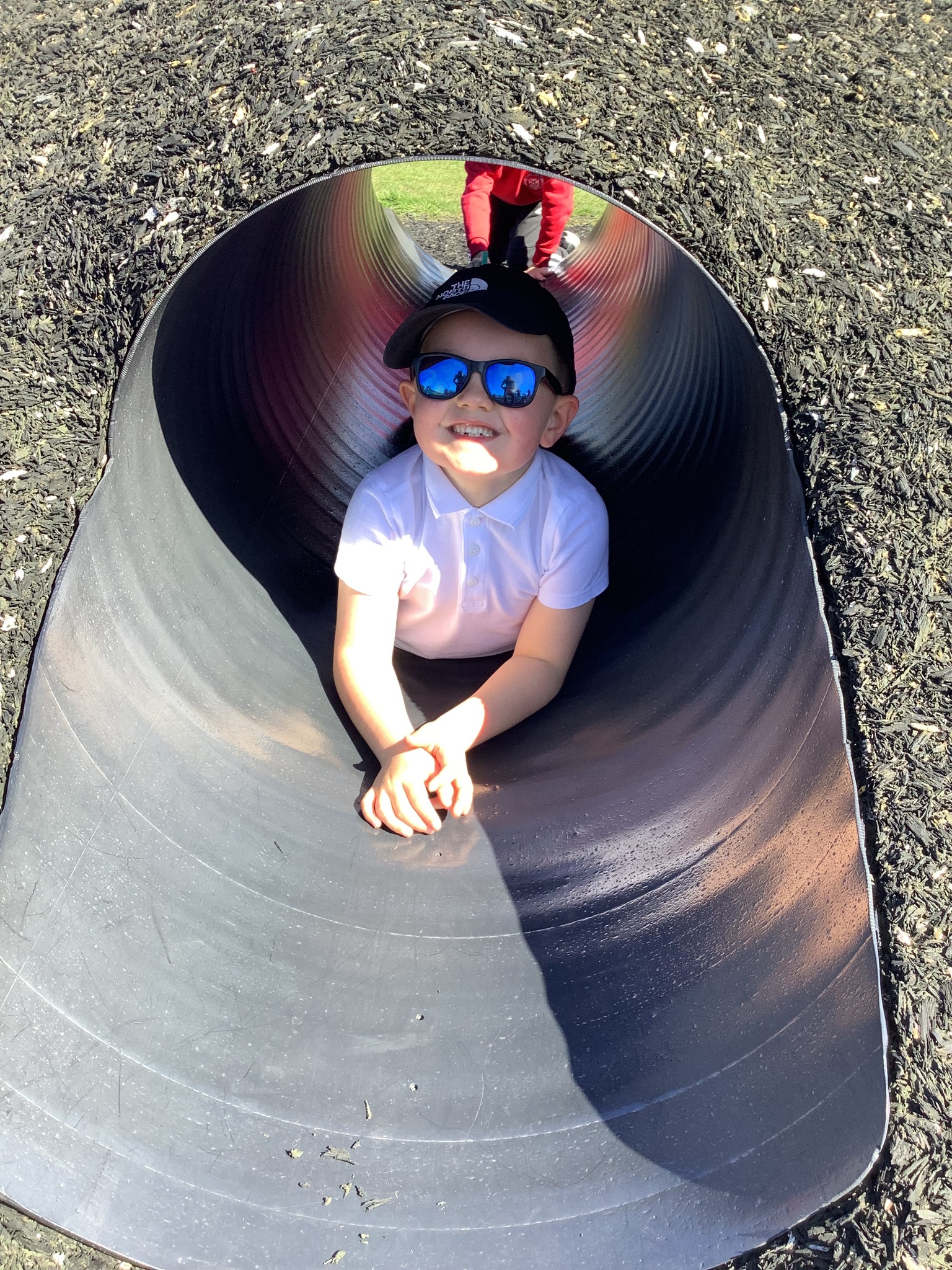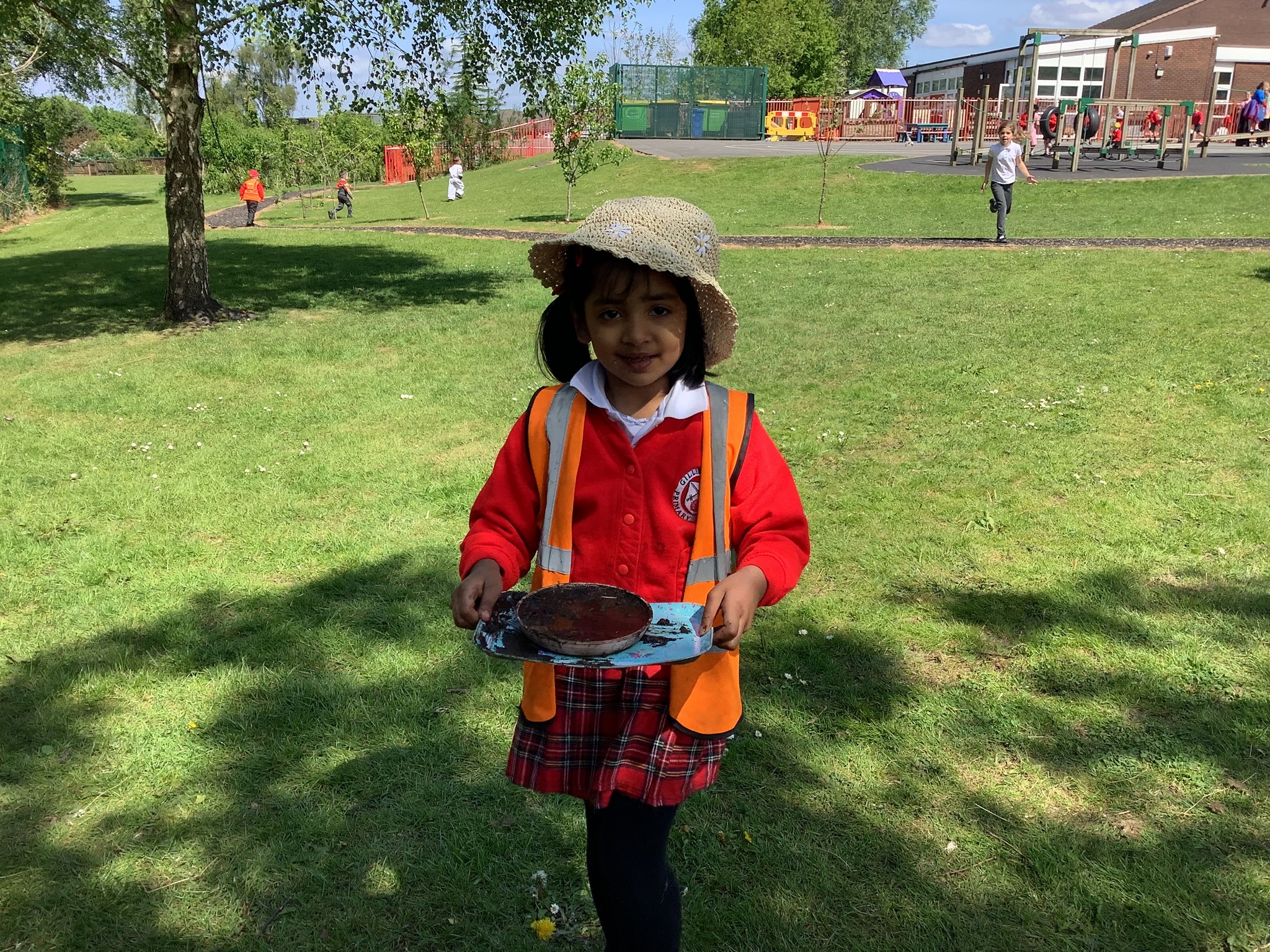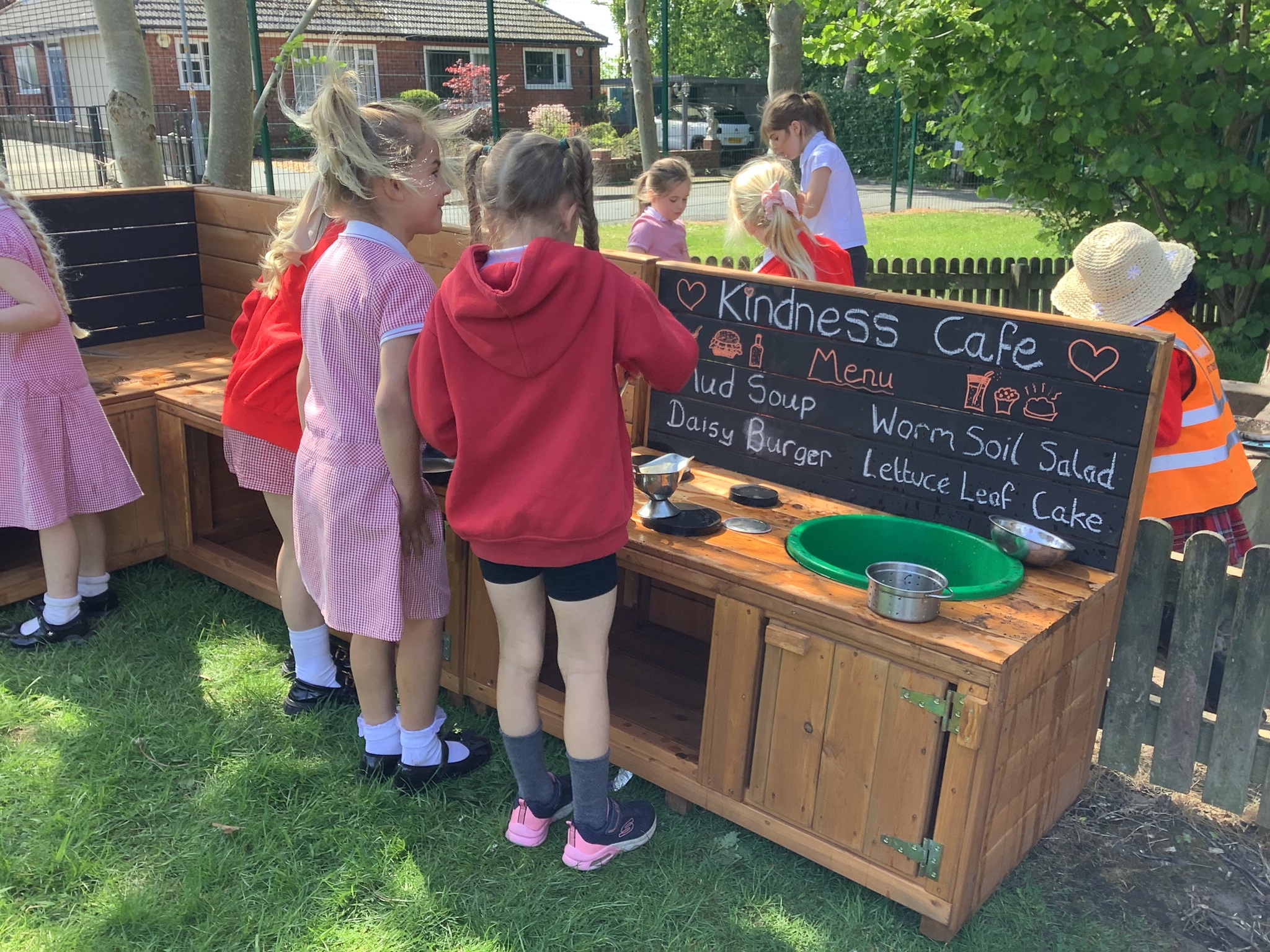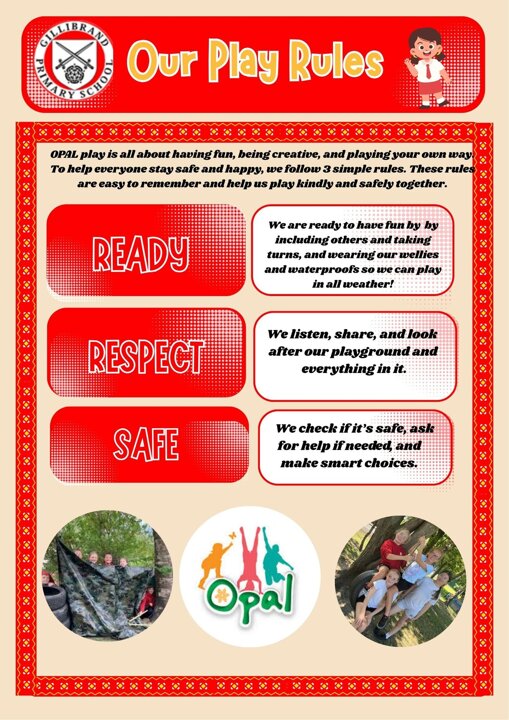Welcome to Our OPAL Play School
At Gillibrand, we are proud to be an OPAL Play School, committed to transforming lunchtime into rich, inclusive, and joyful learning experiences for every child.
Through the OPAL (Outdoor Play and Learning) Primary Programme, we recognise play as a vital part of children’s physical, emotional, social, and cognitive development. We believe that great play is not a break from learning—it is learning.
Our grounds are carefully designed and continuously evolving to support adventurous, imaginative, and meaningful play. We work closely with children, families, and staff to ensure that play is at the heart of our school culture.
Take a look at how play changes everything!
O- Outdoor
P- Play
A- And
L- Learning
What is OPAL?
We have recently started a programme to improve opportunities for physical activity, socialisation, co-operation, coordination, resilience, creativity, imagination and enjoyment through improved play.
The OPAL Outdoor Play and Learning Programme is the result of 17 years testing and development in over 250 schools and is now used in Canada and New Zealand as well as across the UK.
In 2018 OPAL won first prize in an EU funded award for the best active school’s programme in Europe.
It is based on the idea that as well as learning through good teaching, your children also learn when they play, and as 20% of their time in school is playtime, we want to make sure that this amount of time (equivalent to 1.4 years of primary school) is as good as possible.
Why are we following the OPAL programme?
One reason we are carrying out this programme is that childhood has changed and many children no longer get their play needs met out of school.
- Average screen time per day 5 hours
- Average outdoor play time per week 5 hours
- Percentage of UK children who only play outdoors with other children at school 56%
There are many proven benefits for schools which carry out the OPAL Programme. They usually include: more enjoyment of school, less teaching time lost to disputes between children, less accidents and greatly improved behaviour.
The benefits of play
1. Children learn through their play
Don’t underestimate the value of play. Children learn and develop:
- cognitive skills – like math and problem solving in a pretend grocery store
- physical abilities – like fundamental skills, balancing and travelling on the playground
- fitness – expending more energy and effort as they explore and engage in active play
- new vocabulary – like the words they need to play with toy dinosaurs
- social skills – like playing together in a pretend car wash
- literacy skills – like creating a menu for a pretend restaurant
2. Play is healthy
Play helps children grow strong and healthy. It also counteracts obesity issues facing many children today
3. Play reduces stress
Play helps your children grow emotionally. It is joyful and provides an outlet for anxiety and stress
4. Play is more than meets the eye
Play is simple and complex. There are many types of play: symbolic, sociodramatic, functional, and games with rules-–to name just a few. Researchers study play’s many aspects: how children learn through play, how outdoor play impacts children’s health, the effects of screen time on play, to the need for recess in the school day.
5. Make time for play
As parents, you are the biggest supporters of your children’s learning. You can make sure they have as much time to play as possible during the day to promote cognitive, language, physical, social, and emotional development.
6. Play and learning go hand-in-hand
They are not separate activities. They are intertwined. Think about them as a science lecture with a lab. Play is the child’s lab.
7. Play outside
Remember your own outdoor experiences of building forts, playing on the beach, sledding in the winter, or playing with other children in the neighbourhood. Make sure your children create outdoor memories too.
8. Trust your own playful instincts
Remember as a child how play just came naturally? Give your children time for play and see all that they are capable of when given the opportunity.
9. Play is a child’s context for learning
Children practice and reinforce their learning in multiple areas during play. It gives them a place and a time for learning that cannot be achieved through completing a worksheet. For example, when playing in the ‘mud café’, children write and draw menus, set prices, take orders, and create the ‘food’. Play provides rich learning opportunities and leads to children’s success and self-esteem.
Click here to view the different Types of Play we offer in just one lunchtime!
Play Team:
Headteacher- Mrs Clark
Curricular Lead for Play- Mr Thomas
Co-ordinators for Play- Mrs Dunn and Miss Horgan
OPAL support team - Mr Watts
Governor for Play- Tom Jowett
Play Leaders:
All our teaching assistants are play leaders and have taken part in play leader training. Additionally, OPAL is a weekly item on on our support staff meeting agenda so we can continuously review and develop our provision.
We School believe that playtime is extremely valuable and children will be encouraged to play outside in all weathers.
We encourage children to bring an outdoor playtime kit this should include:
Waterproof trousers
Waterproof coat
Wellies
During colder times, a hat, gloves and scarf would also be beneficial
Play Rules:
To support the successful implementation of OPAL play we have developed three OPAL play rules in conjunction with our school rules.
